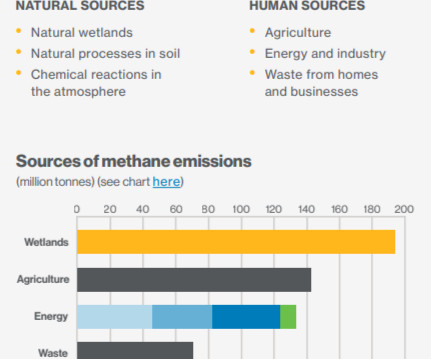Time to Show ‘True Grit’ on Climate Adaptation
Chris Hall
NOVEMBER 10, 2023
A paper from UNEP published late last year stated that developing nations’ “estimated annual adaptation costs/needs are in the range of US$160–340 billion by 2030 and US$315–565 billion by 2050”. Furthermore, they predicted that financing needs were “likely far higher if adaptation and demand-side costs are included”.












Let's personalize your content